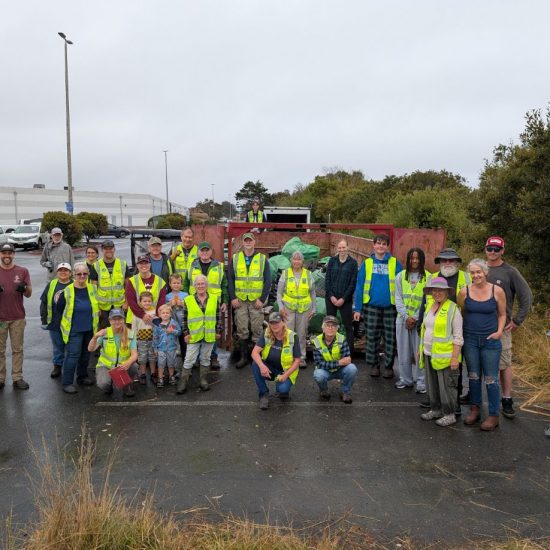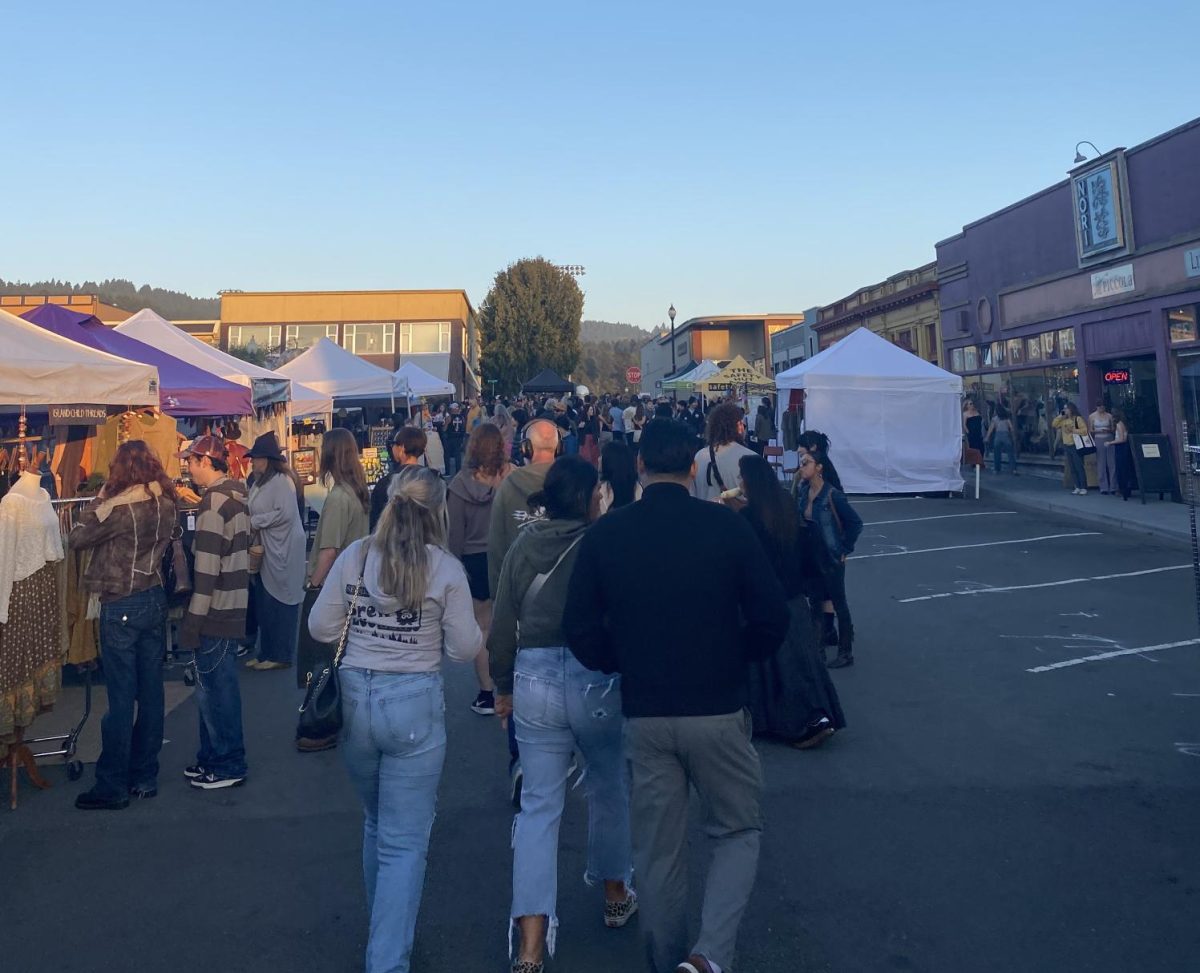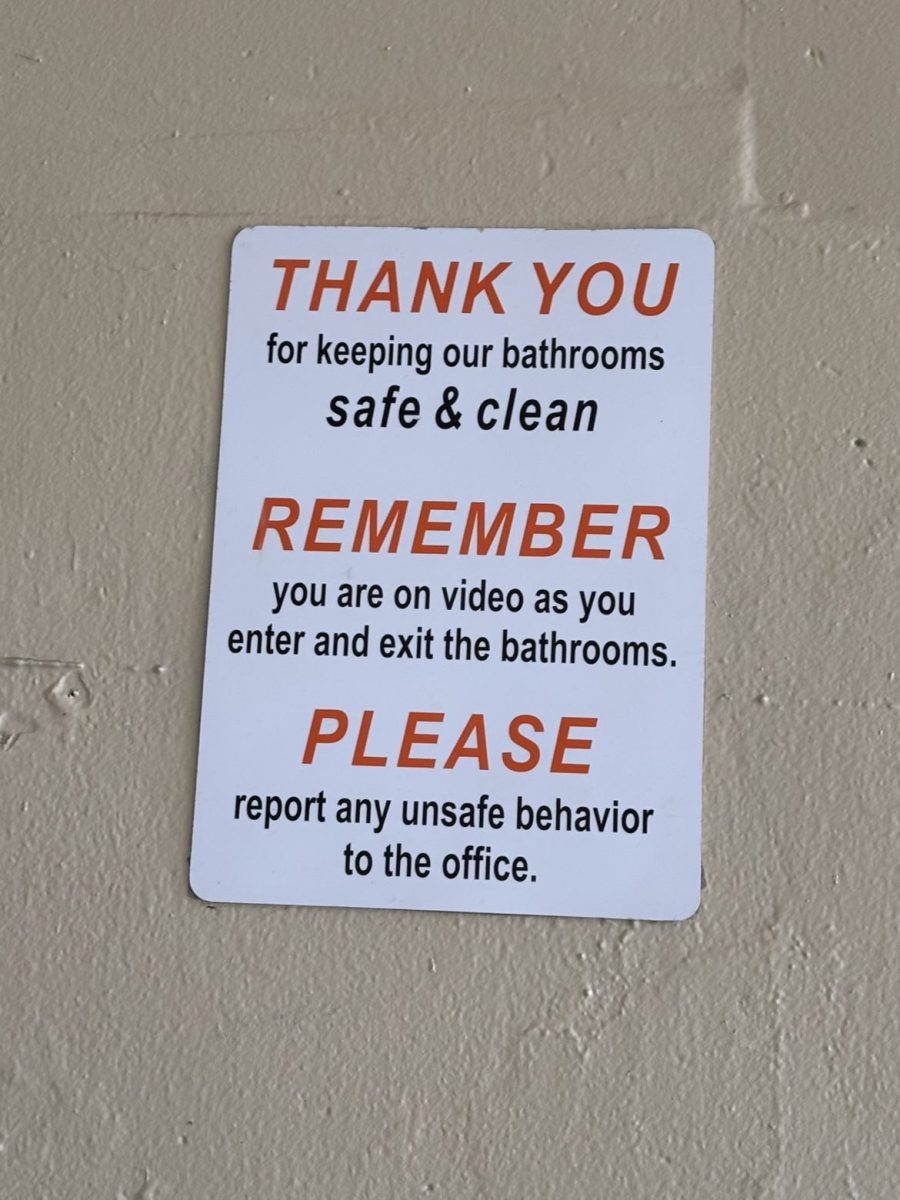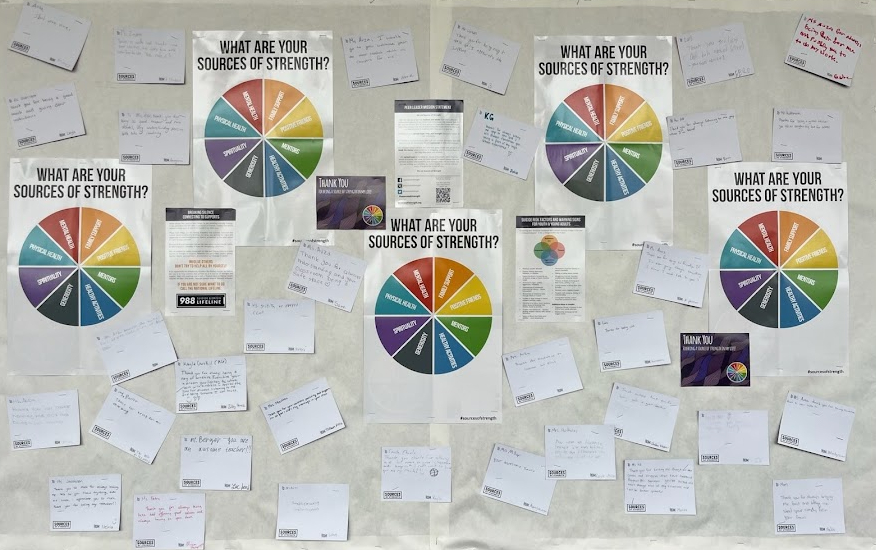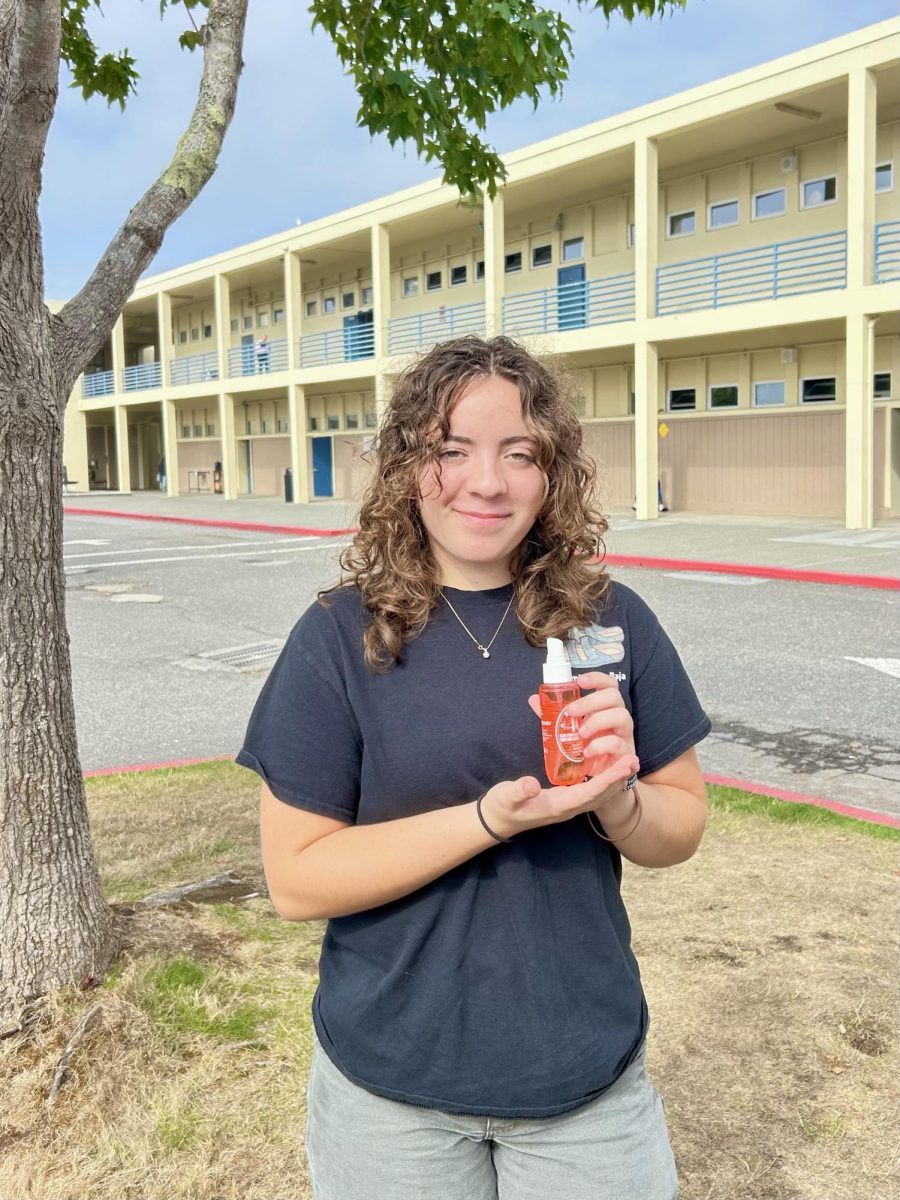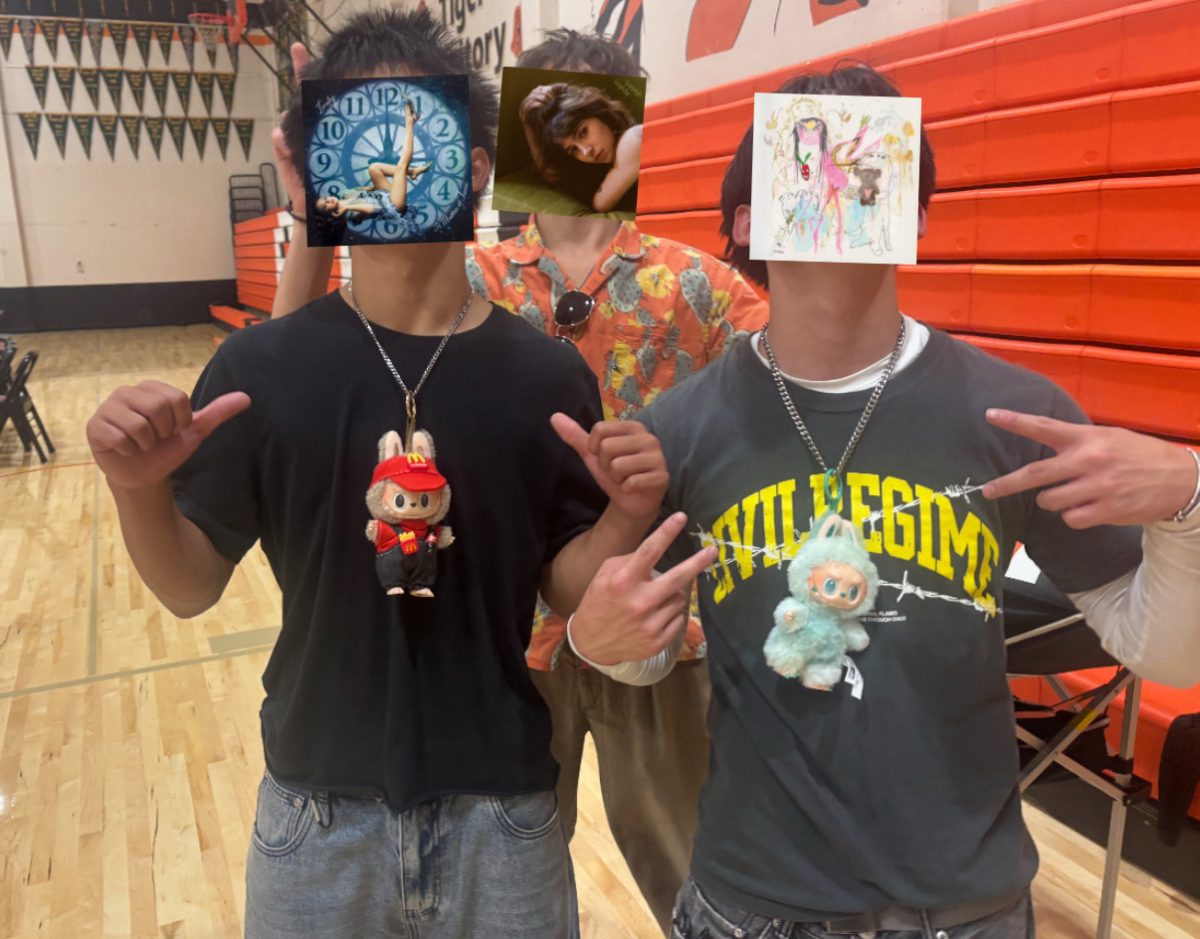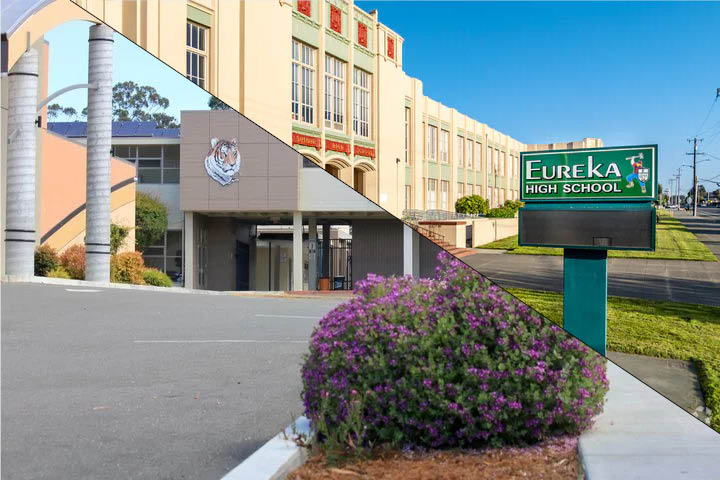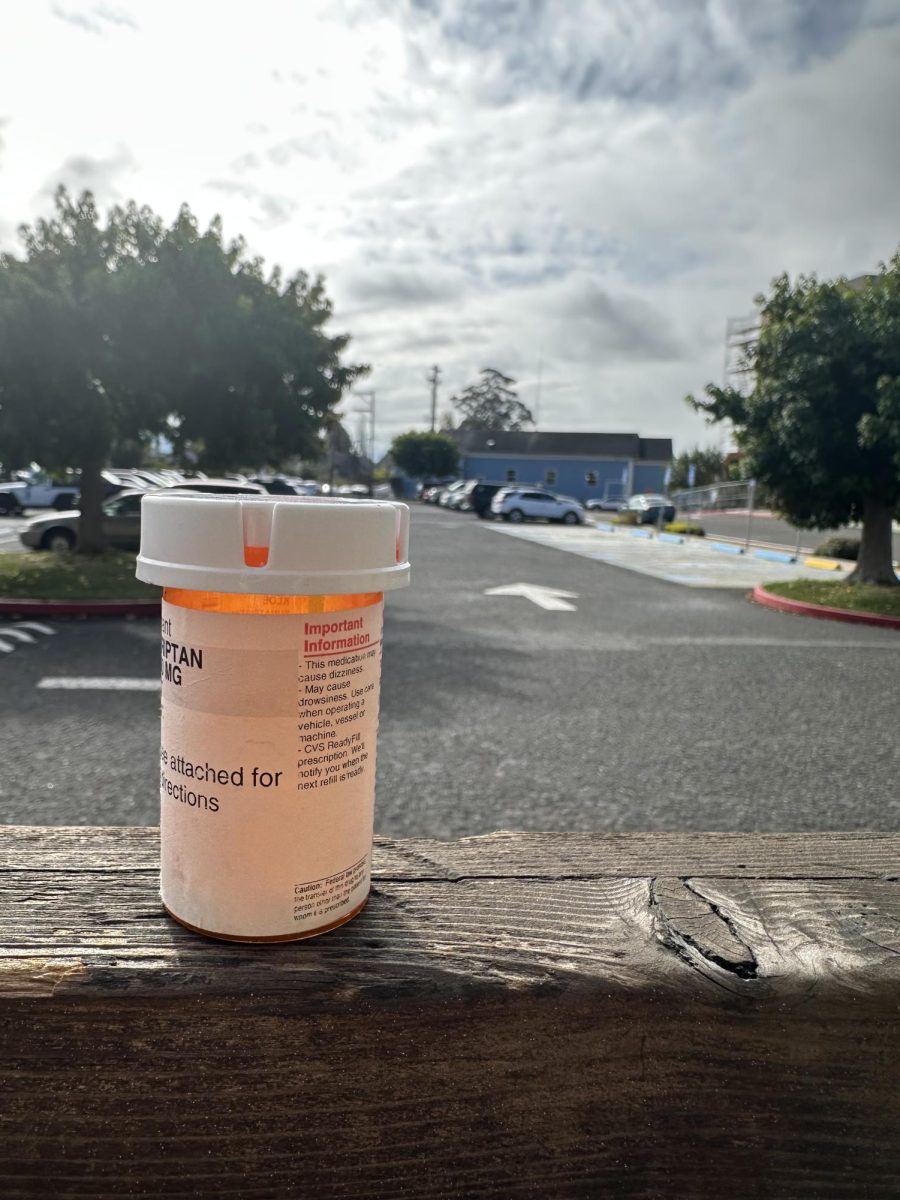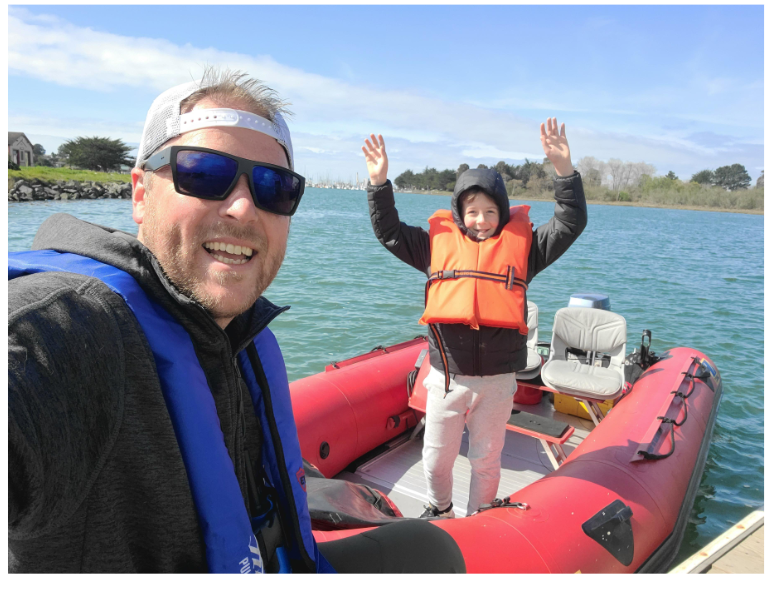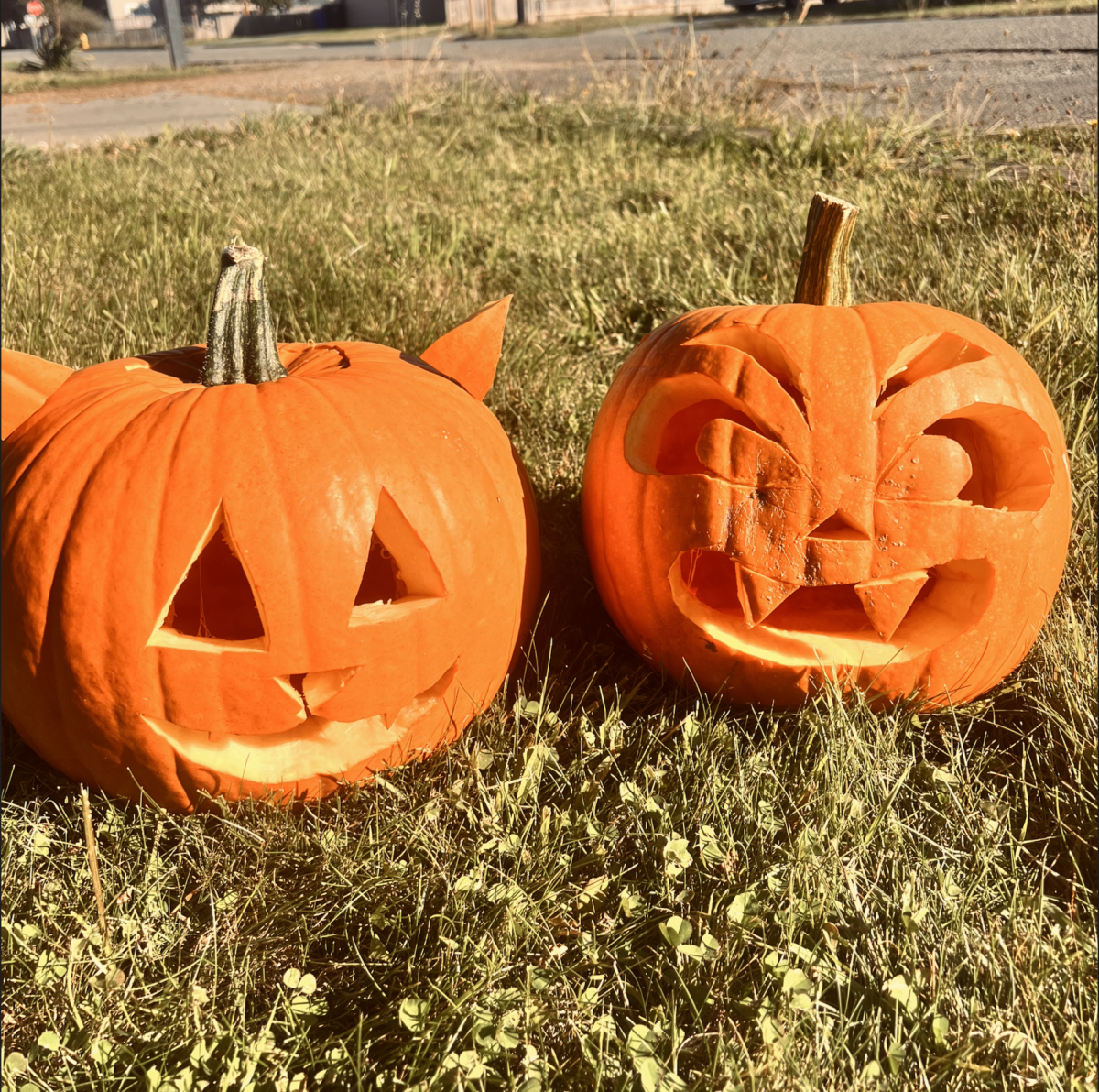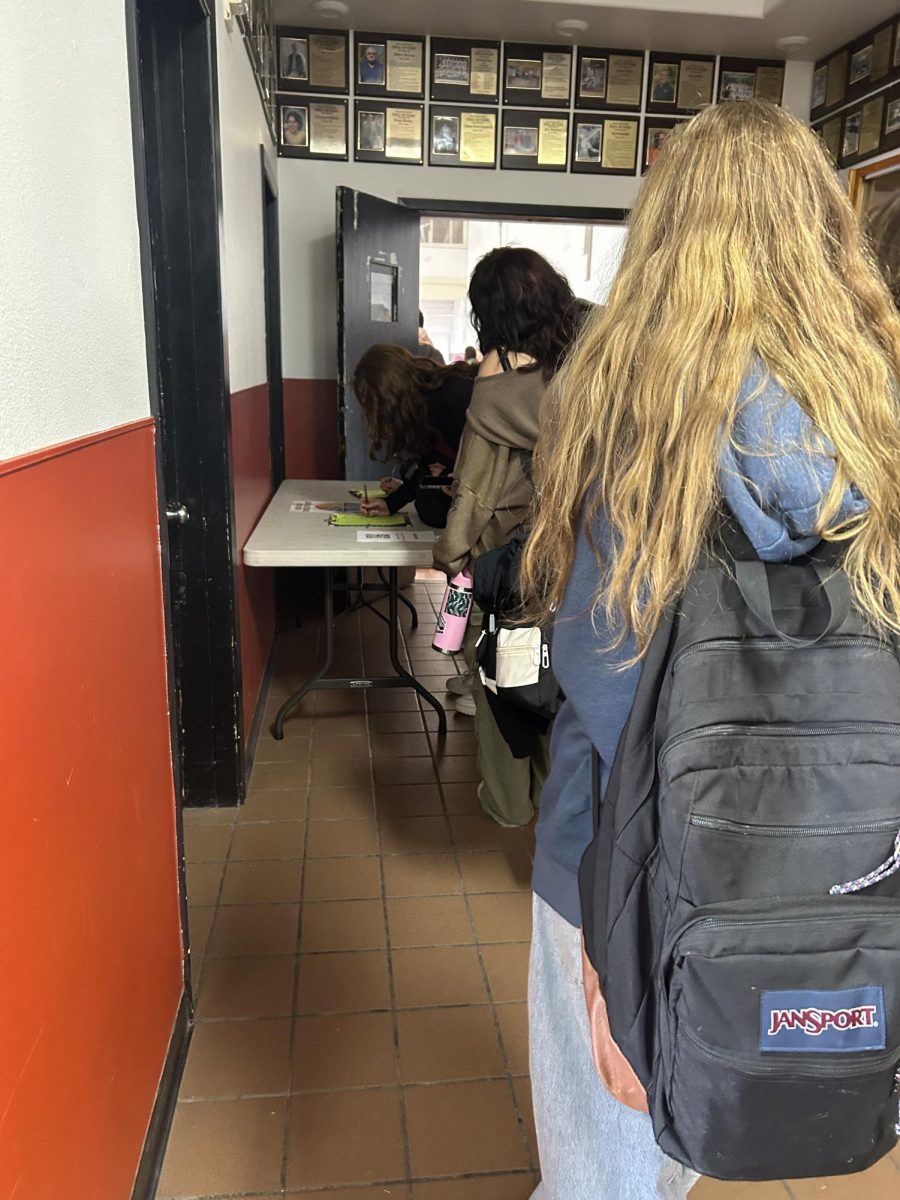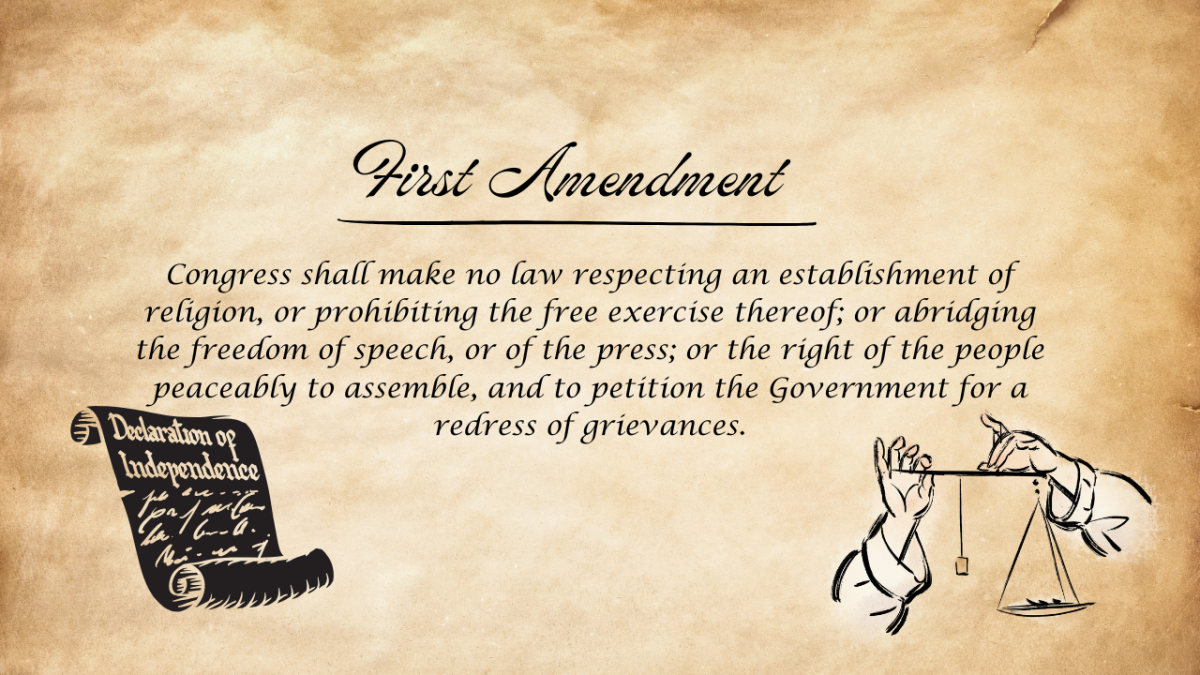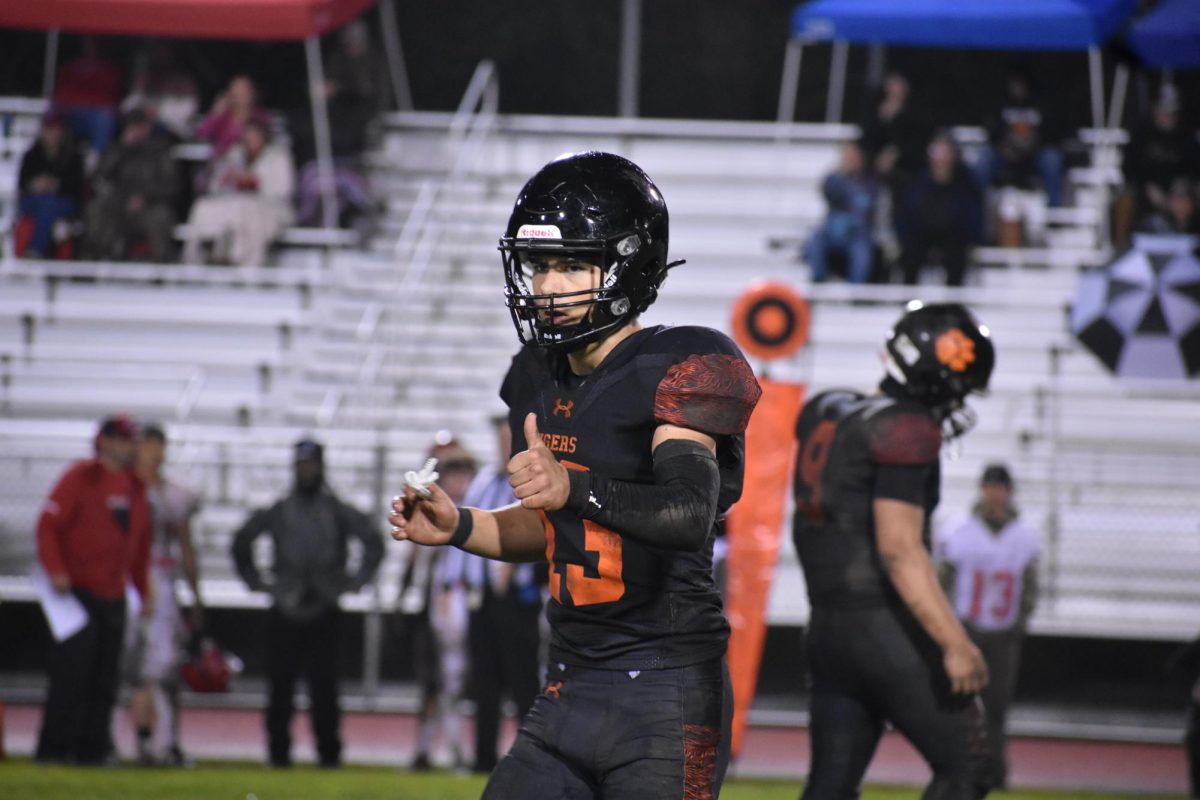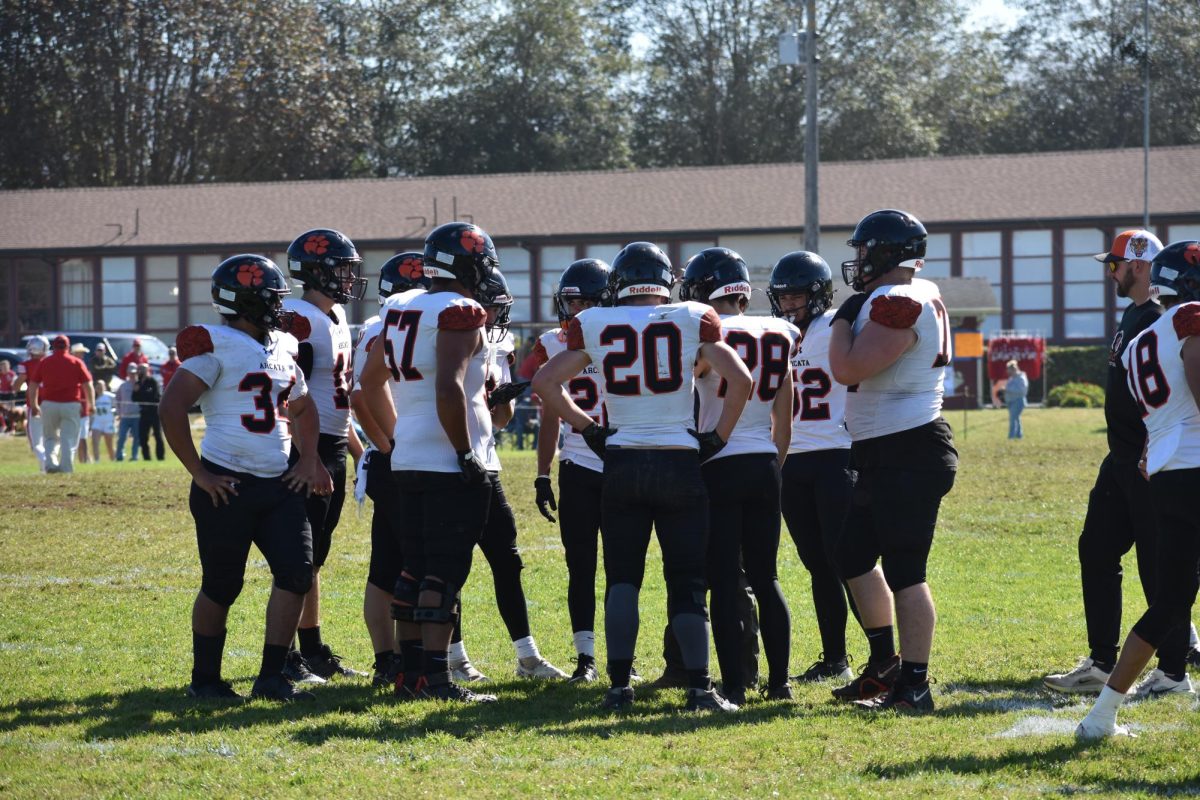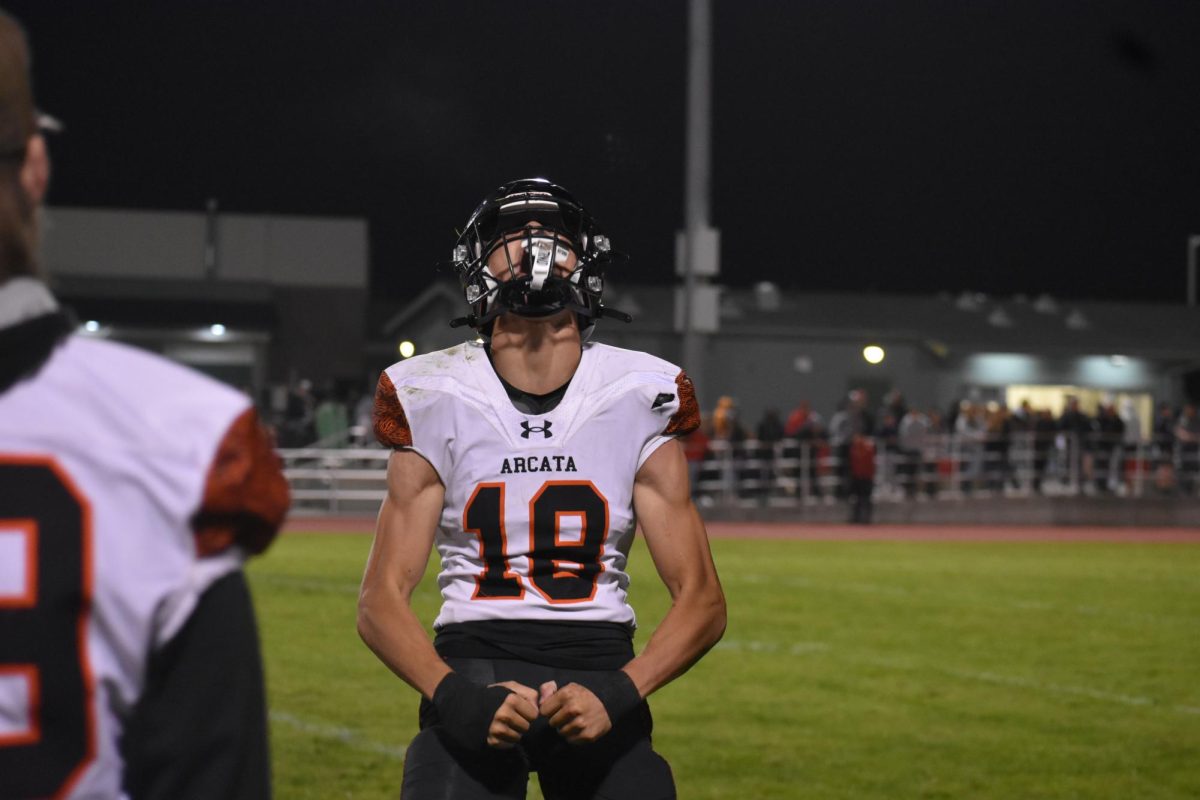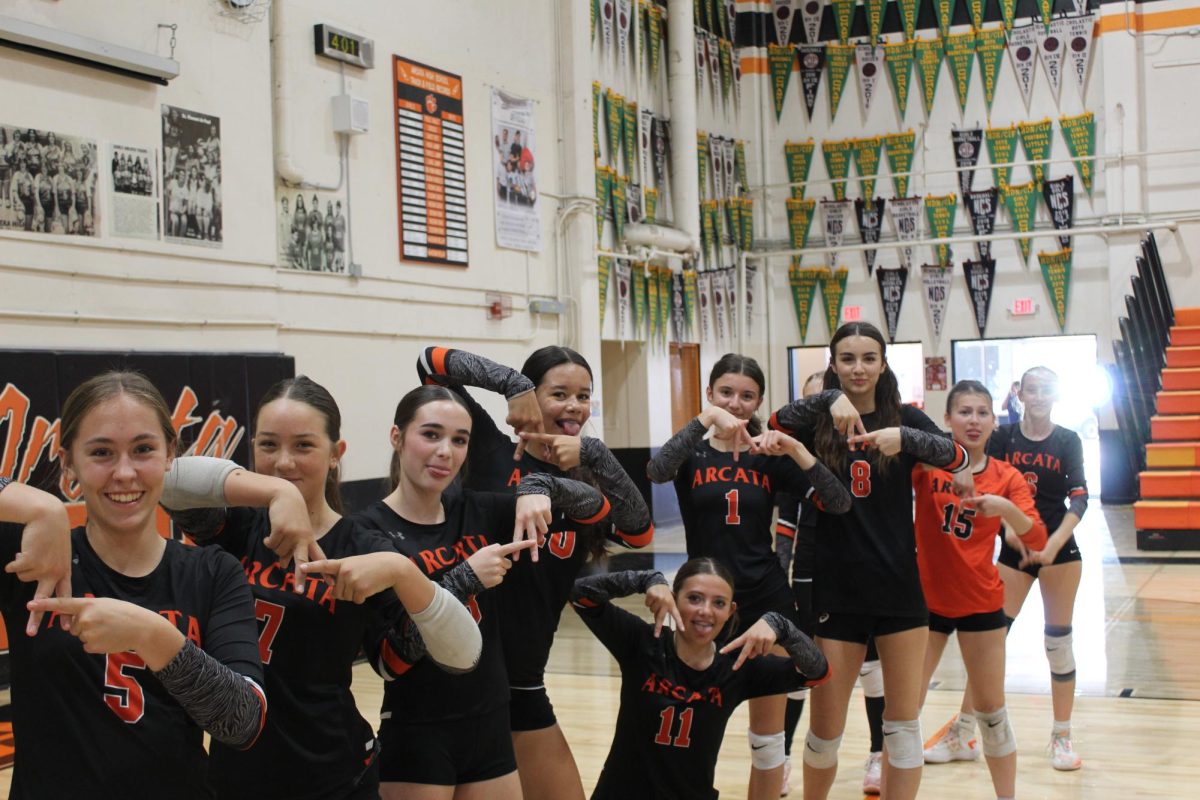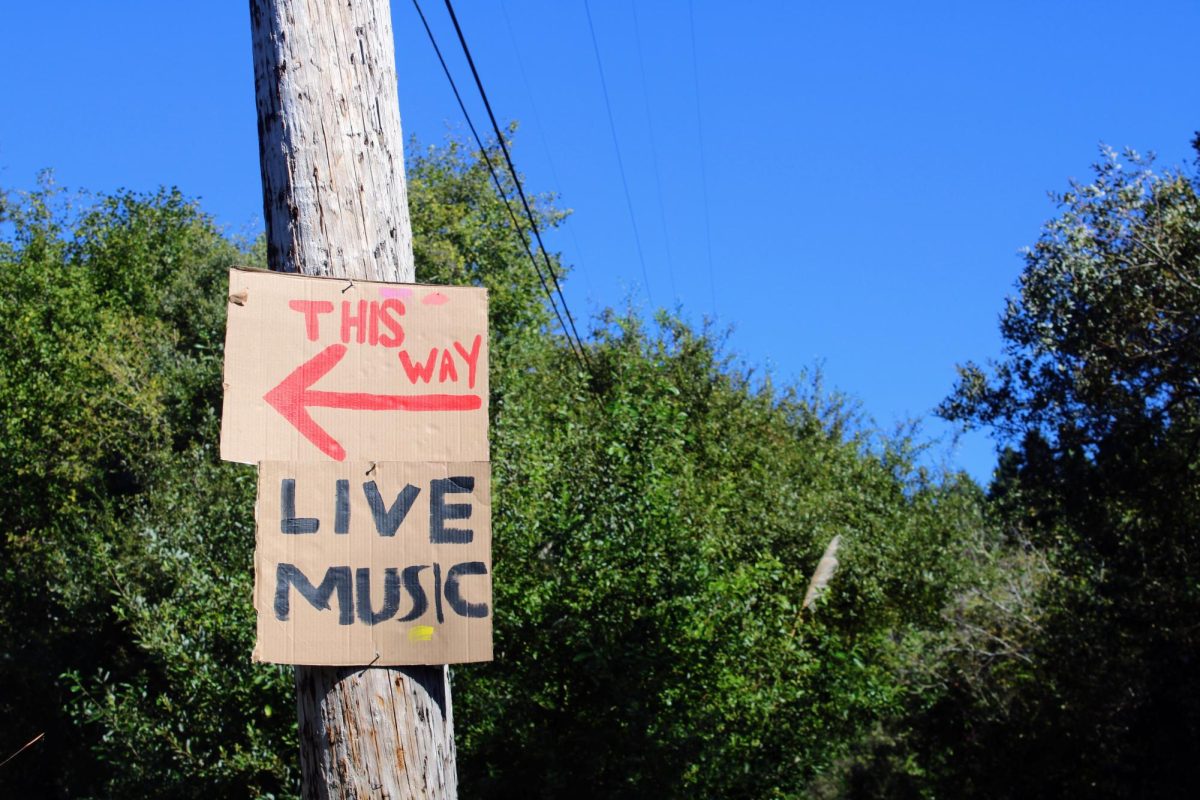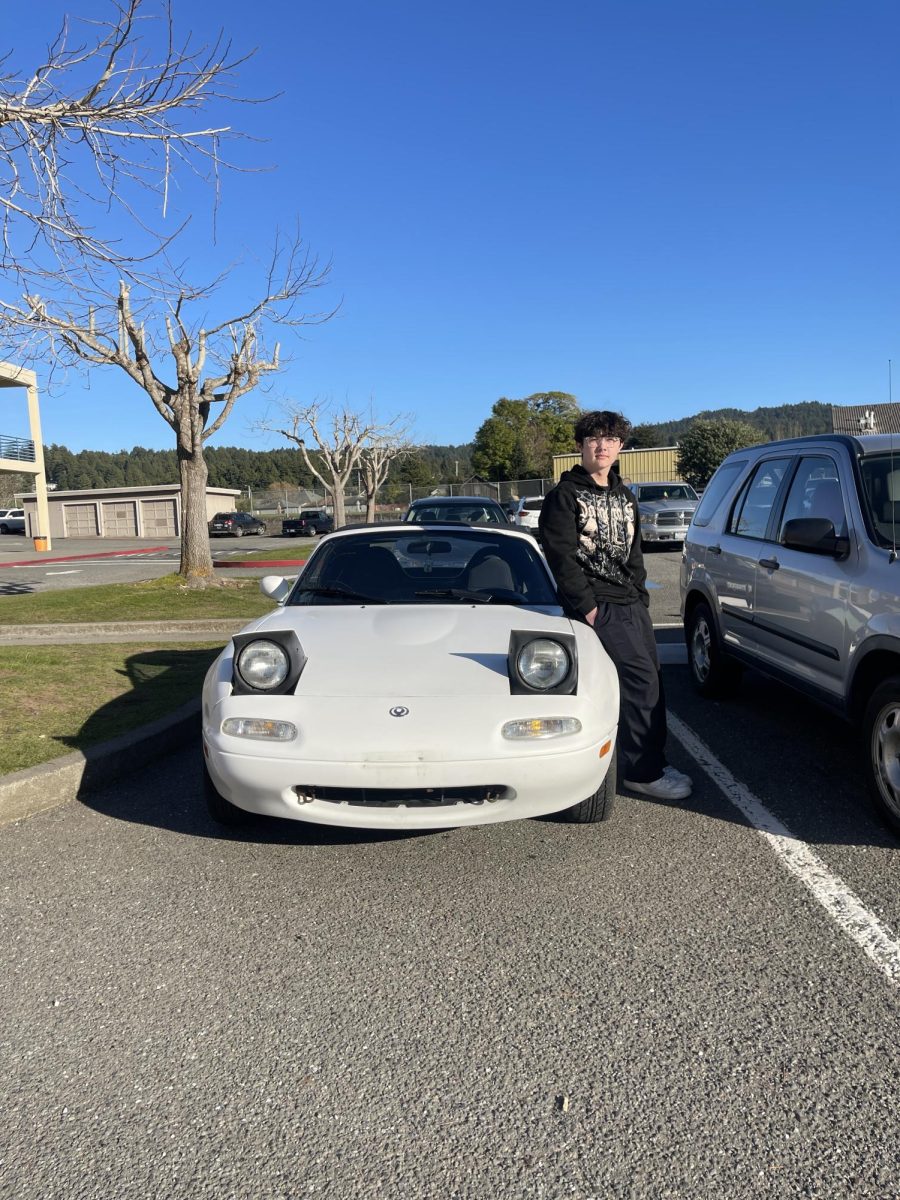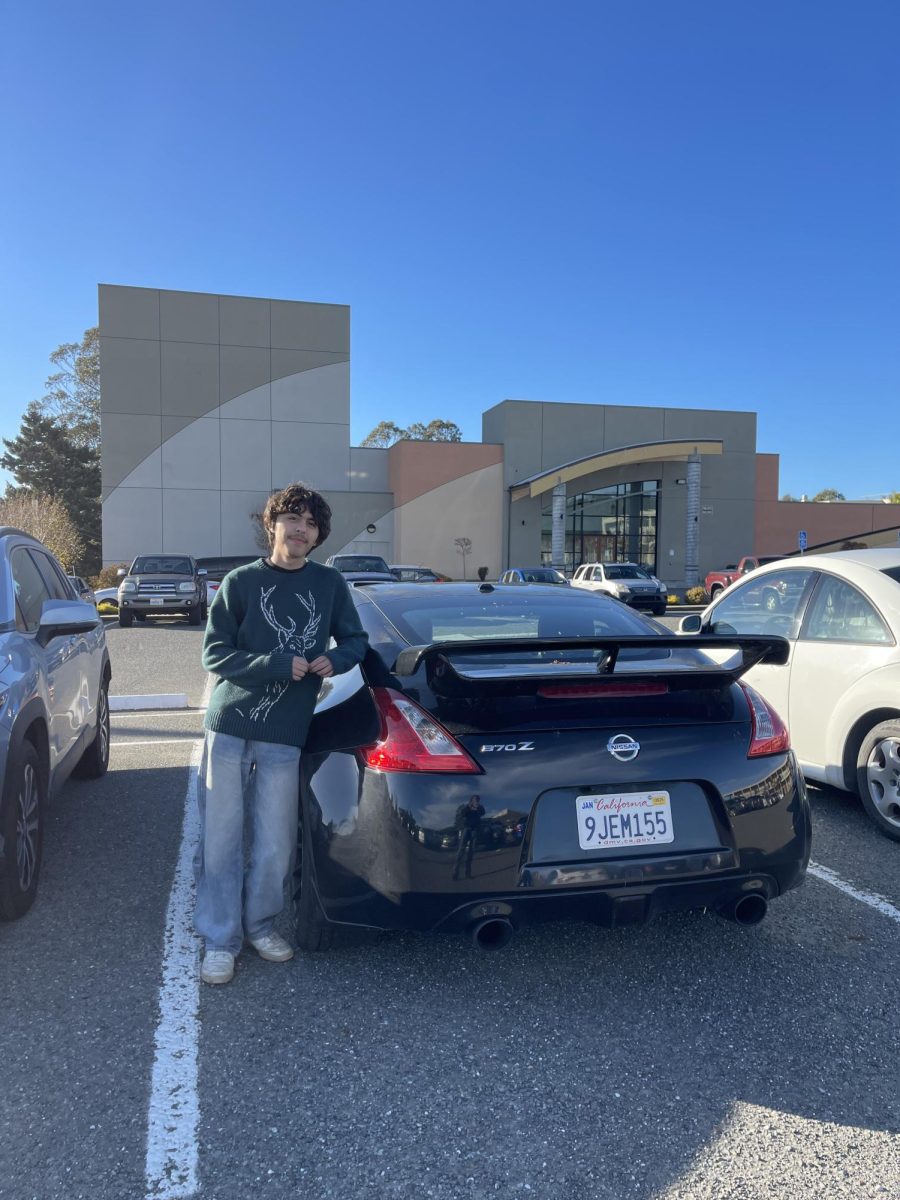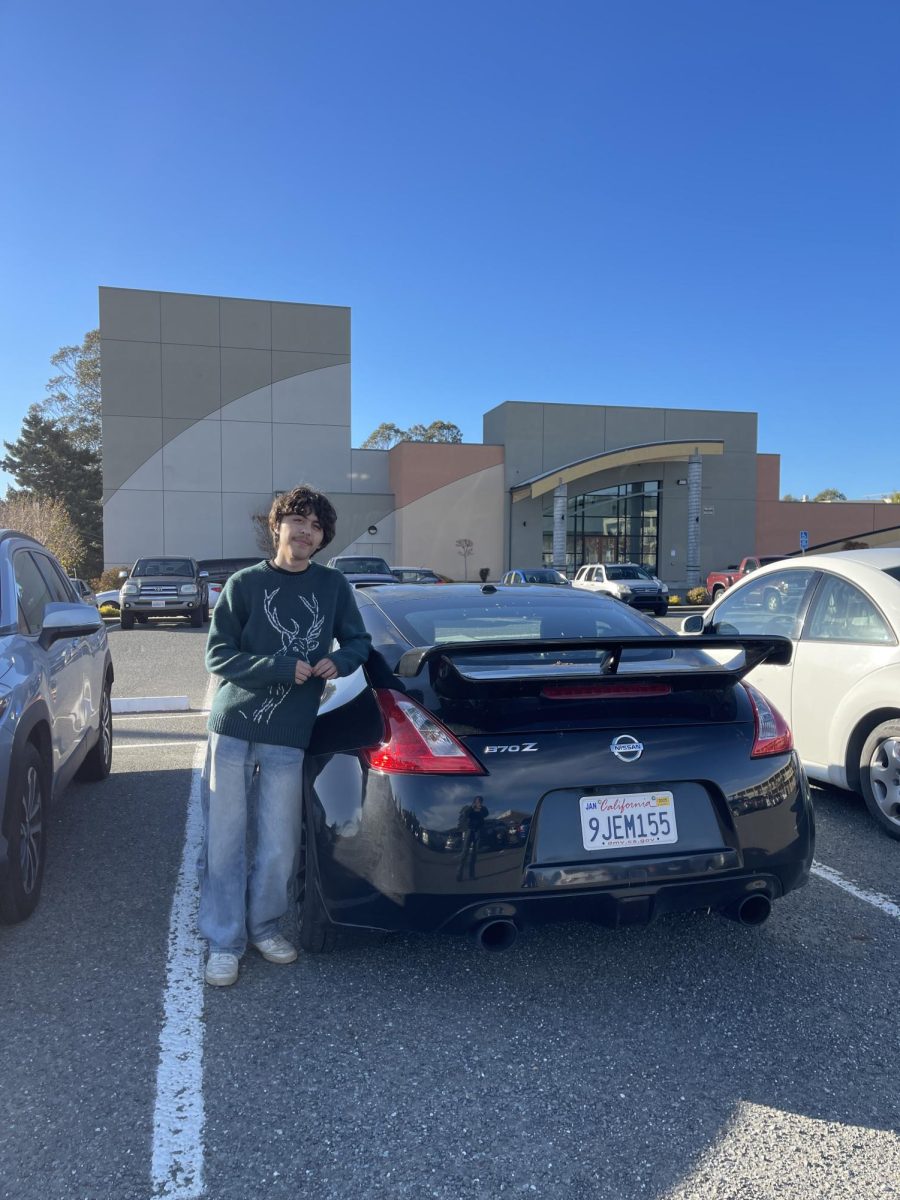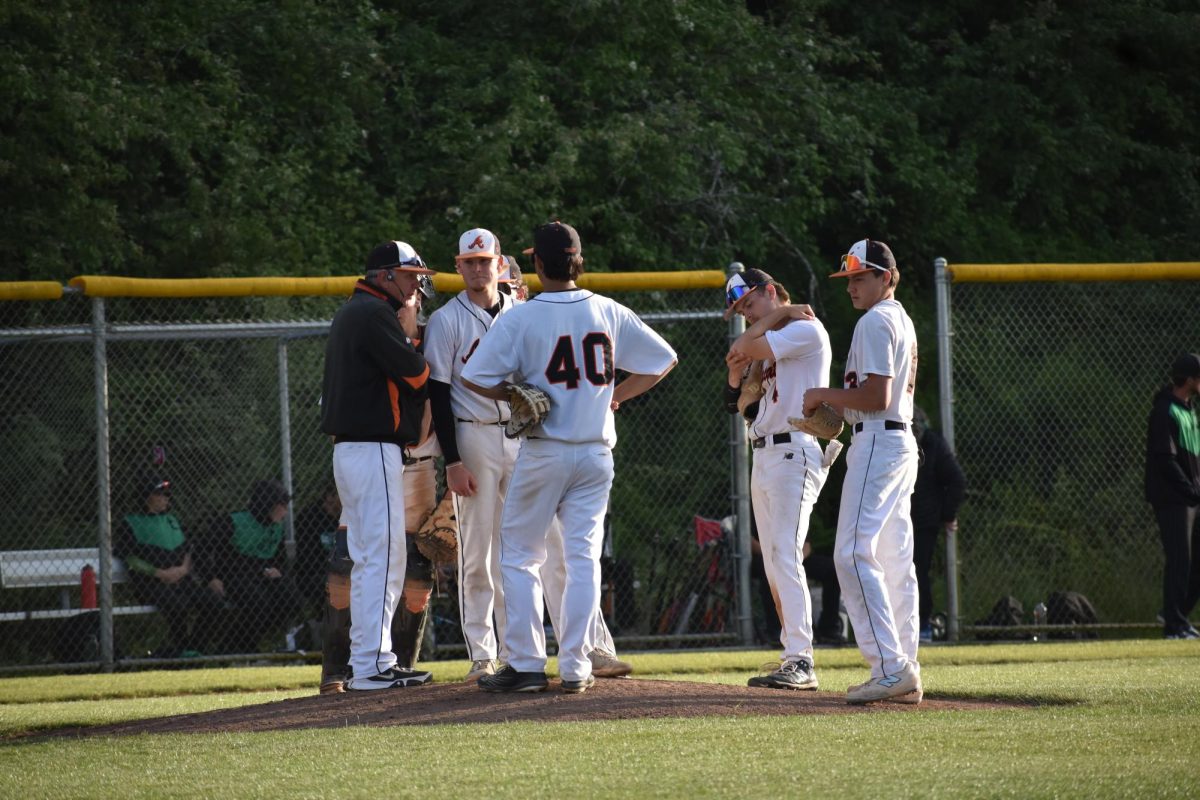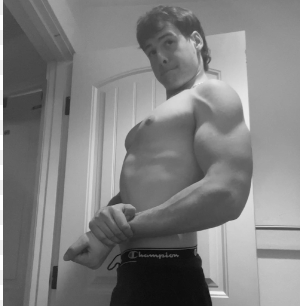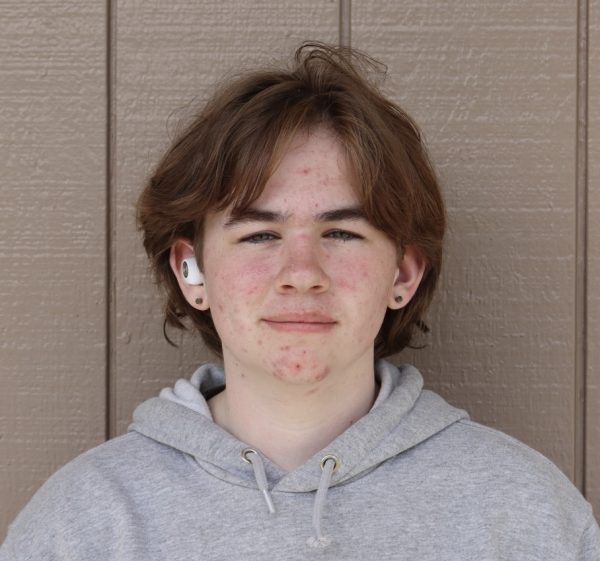Historically the 18-22 age group of voters has been pretty uninterested in voting. This makes sense considering politicians don’t typically appeal to this group, but in recent years, they have been voted in higher numbers.
In the 2020 election, the United States had a 66% eligible voter turnout, one of the highest in history. Out of the youth that voted, it was also one of the highest in history. 50% of youth who were eligible to vote, voted. If this momentum keeps going with a high percentage of young voters, they should know how to make an educated decision on who to vote for.
Adam Pinkerton, a government and politics teacher at Arcata High School, understands how some young people don’t feel the need to vote as they are underrepresented in politics.
“If younger people were to understand that if they were to show up and show up in big proportions as an overall percentage of the population, politicians would more and more care about the issues,” Pinkerton said. “I think younger people care about more than older generations care about.”
A huge part of making an educated vote is weeding out bias and understanding how it affects the news you watch, read, and listen to. There are websites that help with this, but they’re typically more focused on written articles so finding bias in podcasts and news on TV is a bit difficult but just pay attention to the wording. This does take a good amount of effort sometimes.
A great way to get a good understanding of a politician’s policy and views is by listening to their speeches. A huge thing to consider when listening to a politician’s speech is if they claim to be wanting to solve an issue. Look into the history of that issue and if there have been attempts to solve it in the past. This will give you a good understanding of how difficult this issue will be to solve, the importance of the issue, and the reasoning behind why the politician might be wanting to solve it.
Looking at the history of a candidate is also important as their past actions may give you an understanding of how they will act in the future and what issues they will support the most.
California’s Secretary of State has a website with programs to help educate young voters on how to register and events for new voters to learn about the importance of participating and the process for making an educated decision.

